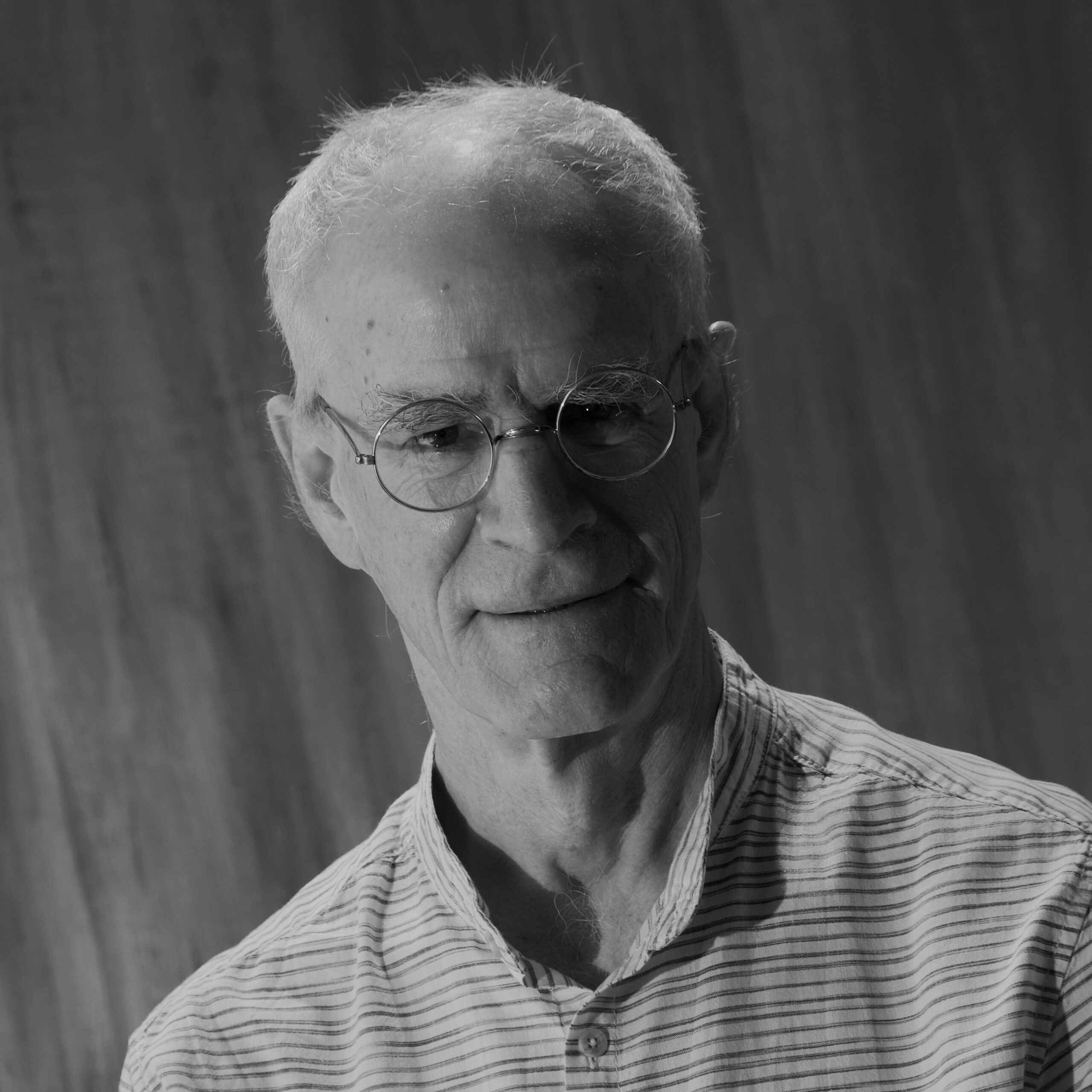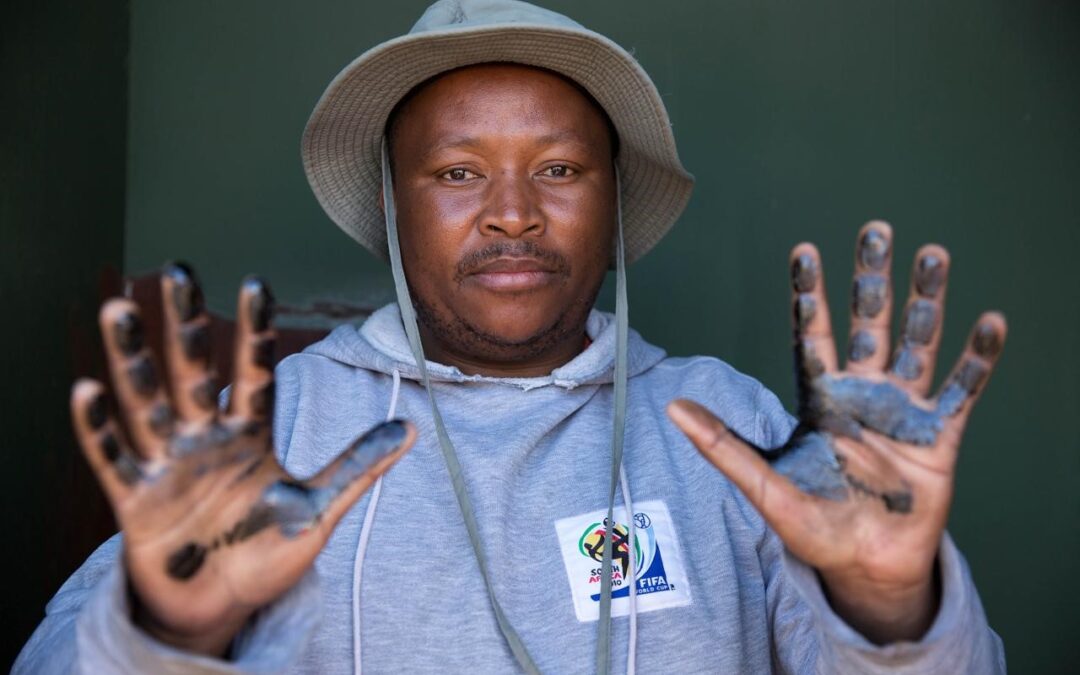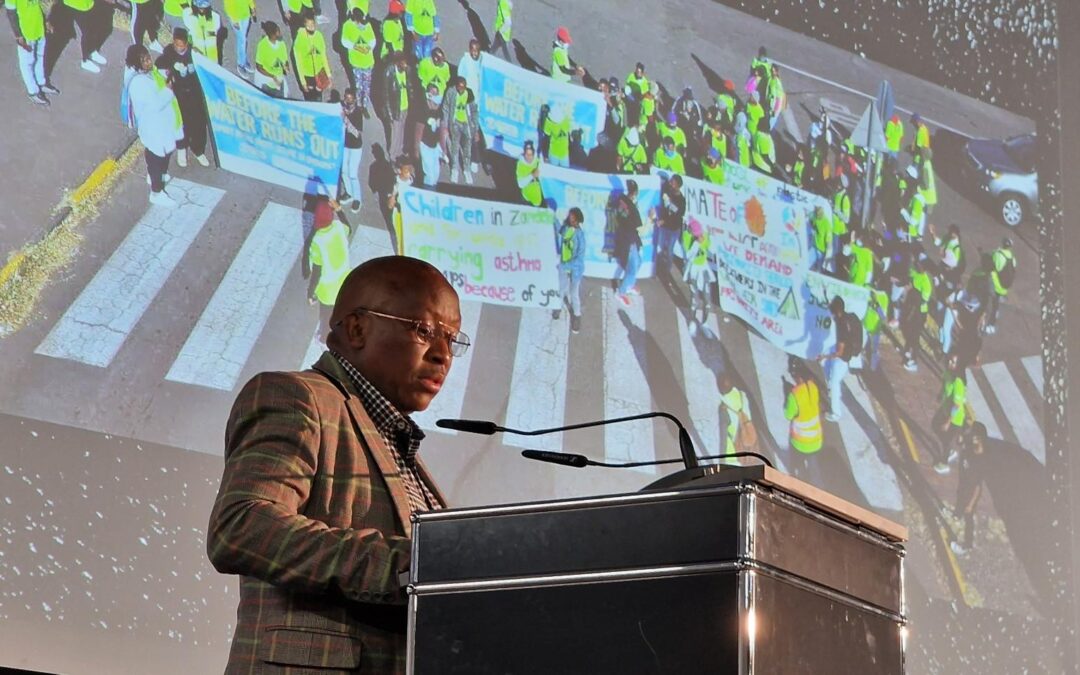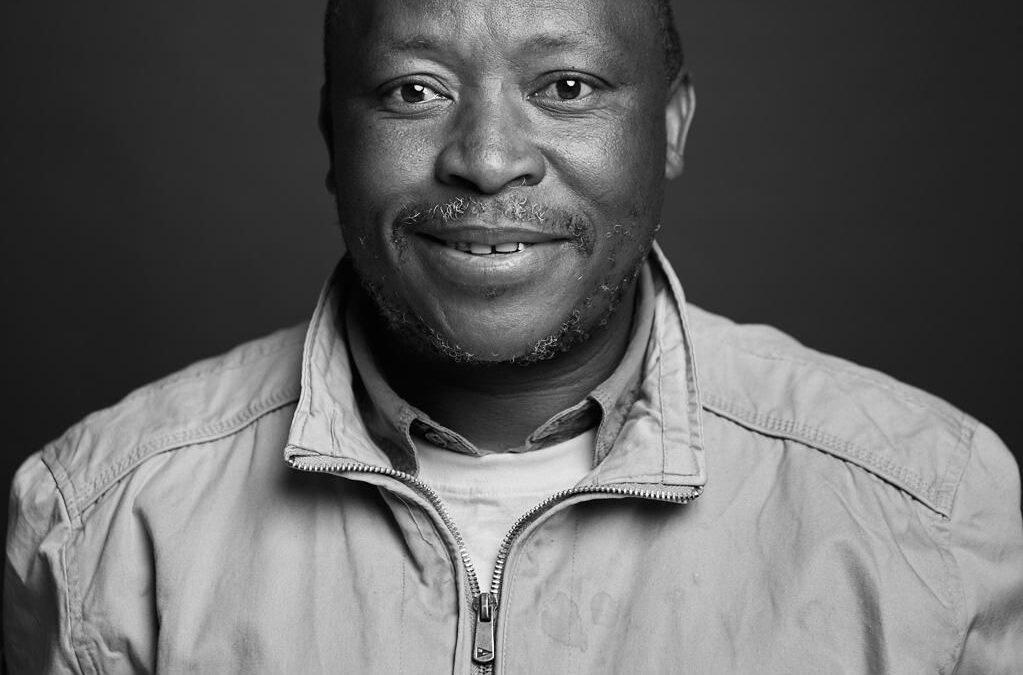
David Hallowes
The people of the Umgungundlovu community in the Eastern Cape are taking on the Department of Mineral Resources & Energy (DMRE) and winning. Last month, they won the right for all affected communities to see corporate applications for mining rights. This judgement will go a long way in making sure communities affected and impacted by mining around the country are awarded fair and proper engagements on mining issues and their rights to access information on the subject. Two years ago, they won the right to say no to mining on their land at Xolobeni. These victories were secured in the courts but are the outcome of years of struggle by a highly motivated community. They recover something of the freedom that people thought they had won in 1994.
At that time, when people talked of state capture, they meant the way in which state institutions colluded with big mining corporations, notably Anglo American and Glencor. Together these state and private entities constituted the minerals energy complex (MEC), created by imperial capital in the early 20th Century.
They shaped South Africa’s development as a mining colony. They created an economy in which wealth and power were concentrated in the hands of very few people who required cheap labour and land secured through dispossession. To maintain such an unequal hierarchy, they reproduced patriarchal and authoritarian relations, held information behind a wall of secrecy and made decisions in discrete boardroom conversations.
In response, the ‘open democracy’ agenda was articulated through the anti-apartheid movement and partially realised in the Constitution of 1996. For organisations on the ground, access to information and decision making opened dramatically as government bodies and corporates assumed that the new regime required it.
A draft Open Democracy Bill was intended to give an expansive interpretation of people’s democratic rights under the Constitutional. It mandated ‘open meetings’ – promoting people’s access to and participation in government decision making, even in cabinet meetings – as well as open information based on the presumption that people have an automatic right to information held by government and, if it affects the exercise of their rights, also to corporate information.
The political transition, however, coincided with the global restructuring of industry under neo-liberal orders, to which the post-apartheid government acceded with the Growth Employment and Redistribution (GEAR) economic policy. It was immediately obvious that the title of this policy was contradicted by the substance. Redistribution was choked off, jobs were shed and even growth failed.
And government soon acquired the instincts of the mining colony. Economic transformation was reduced to the creation of a black capitalist class enabled – by fair means or foul – by the privatisation of state services and assets. And corporate rights to secrecy were reasserted through the Competition Act.
By the late 1990s, ministers and bureaucrats were slashing the Open Democracy Bill. They cut the entire chapter on open meetings, excluded cabinet records from people’s right to know and removed the supports for people to enforce open democracy rights. Finally, under the Mbeki administration, Open Democracy was reduced to the Promotion of Access to Information Act (PAIA) of 2000 and it became clear that this title was Orwellian in its phrasing: like GEAR, it meant the opposite of what it said.
Rather than enabling automatic access to government information, it gives bureaucrats the power to decide what information people can have. Indeed, to effectively request the information, people need a lawyer.
The DMRE is particularly notorious as a black hole of information. PAIA request are routinely refused or simply ignored. As before, the department acts as if to protect mining corporations from the people and, incidentally, from environmental regulation.
The decisions won by the Umgungundlovu community recover something of the democratic promise. People’s right to information must now take precedence over the MEC preference for secrecy. And the decision that people have the right to say no to mining means that government cannot decide the matter without their participation.
It is instructive that Minister Gwede Mantashe immediately said he would appeal that decision. He said it would be the death of mining in South Africa. That seems a fairly clear admission that the interests of the industry are in contradiction with the interests of the people.
David Hallowes is a researcher at groundWork, Friends of the Earth SA
This article appeared in The Mercury and Pretoria News. A standalone webpage of this opinion piece is available here.



